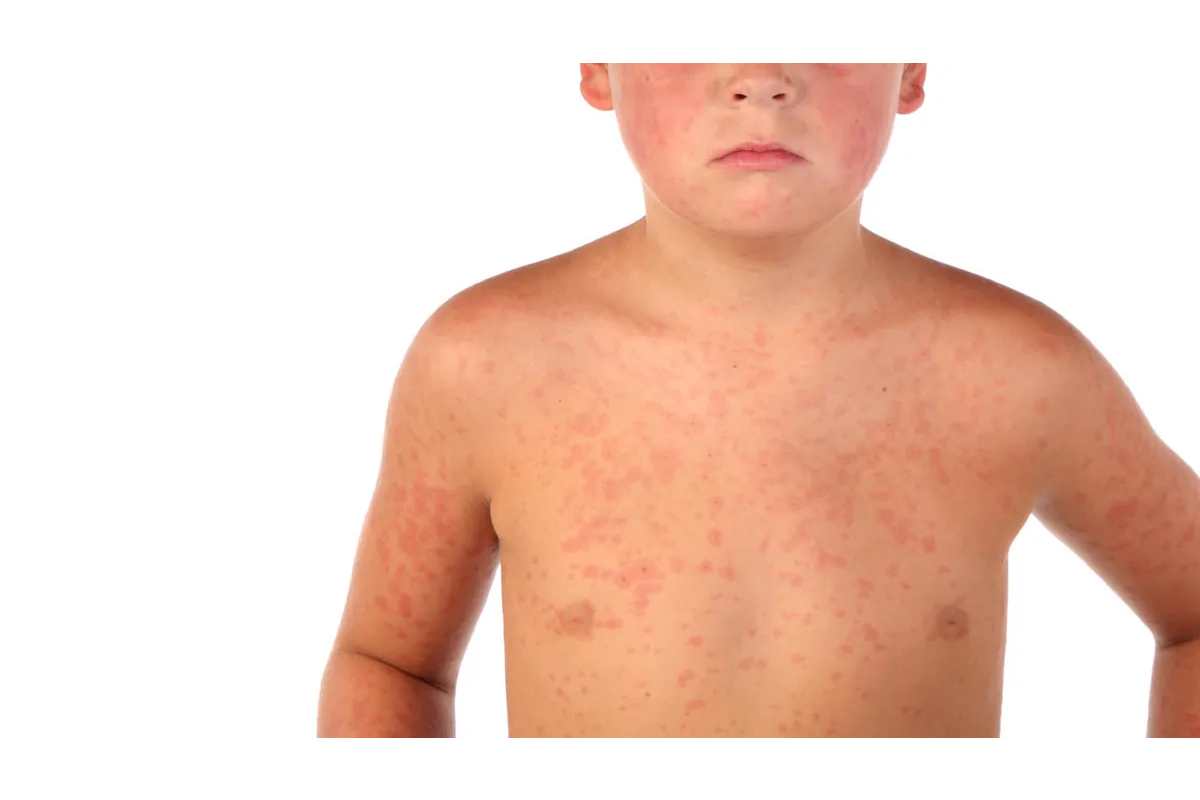Hirnhautentzündung Symptome
If you’ve ever heard of Hirnhautentzündung (also known as Meningitis), you know it’s no joke. This condition, which affects the protective membranes around the brain and spinal cord, can hit hard and fast. Knowing the symptoms early can make all the difference in getting proper treatment.
Table of Contents
What Is Hirnhautentzündung?
Hirnhautentzündung, or meningitis, is an inflammation of the meninges, which are the protective layers covering the brain and spinal cord. It can be caused by bacteria, viruses, fungi, or other factors. The bacterial form is the most severe and needs immediate medical attention (NDR).
Early Symptoms: Don’t Ignore These Signs
Meningitis symptoms can develop quickly, sometimes within hours. Here’s what to look out for:
1. Severe Headache
- This isn’t your usual headache. It’s intense and persistent.
2. Stiff Neck
- A hallmark symptom. If tilting your chin to your chest is painful or impossible, it could be serious.
3. High Fever & Chills
- A sudden spike in temperature with uncontrollable chills is a red flag.
4. Nausea & Vomiting
- Often mistaken for a stomach bug, but in combination with other symptoms, it’s a warning sign.
5. Sensitivity to Light (Photophobia)
- Bright lights may feel unbearable.
6. Confusion or Difficulty Concentrating
- If someone seems unusually dazed or unresponsive, take it seriously.
7. Seizures
- More common in severe cases, particularly bacterial meningitis.
8. Cold Hands and Feet, Rapid Breathing
- Rapid breathing, cold hands and feet signs indicate circulation problems, which can be life-threatening.
9. Skin Rash (in Some Cases)
- Especially with meningococcal meningitis, a purplish rash may appear (AOK).
How Meningitis Spreads
Meningitis can be contagious, especially the viral and bacterial forms. Here’s how it spreads:
- Coughing or Sneezing – Respiratory droplets carry the infection.
- Close Contact – Kissing, sharing utensils, or living in close quarters (like dorms or military barracks).
- Weak Immune System – People with weak immunity are at higher risk.
When to Seek Medical Help
Don’t wait. If you or someone else has these symptoms, get medical attention immediately. Bacterial meningitis can worsen within hours and cause brain damage or even be fatal (Schön Klinik).
Diagnosis & Treatment
Doctors diagnose meningitis through:
- Physical Examination – Checking neck stiffness, reflexes, and fever.
- Lumbar Puncture (Spinal Tap) – To analyze cerebrospinal fluid.
- Blood Tests & Imaging – To confirm the cause.
Treatment depends on the cause:
- Bacterial Meningitis – Requires immediate IV antibiotics and sometimes corticosteroids.
- Viral Meningitis – Usually milder and treated with rest, fluids, and pain relievers.
- Fungal & Other Types – Antifungal or other targeted medications may be needed.
Preventing Meningitis: Stay Ahead of the Risk
Here’s how you can lower your chances of getting meningitis:
1. Get Vaccinated
- Vaccines exist for bacterial types like meningococcal, pneumococcal, and Hib meningitis.
2. Maintain Good Hygiene
- Wash hands frequently and avoid sharing personal items.
3. Strengthen Your Immune System
- Eat well, exercise, and manage stress to keep immunity strong.
4. Be Cautious in High-Risk Areas
- If traveling or living in close quarters, take extra precautions.
Final Thoughts
Hirnhautentzündung Symptome can escalate fast. Knowing what to look for and acting quickly can save lives. If you or a loved one experience any of these symptoms, don’t hesitate—seek medical help immediately.
For more details, check out resources from NDR, AOK, and Schön Klinik.

